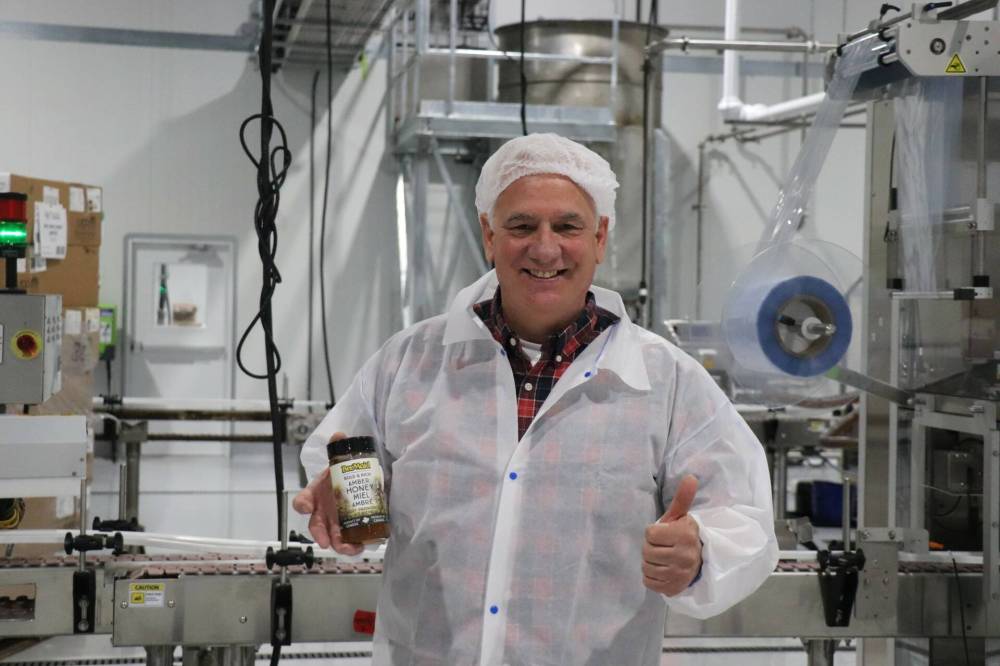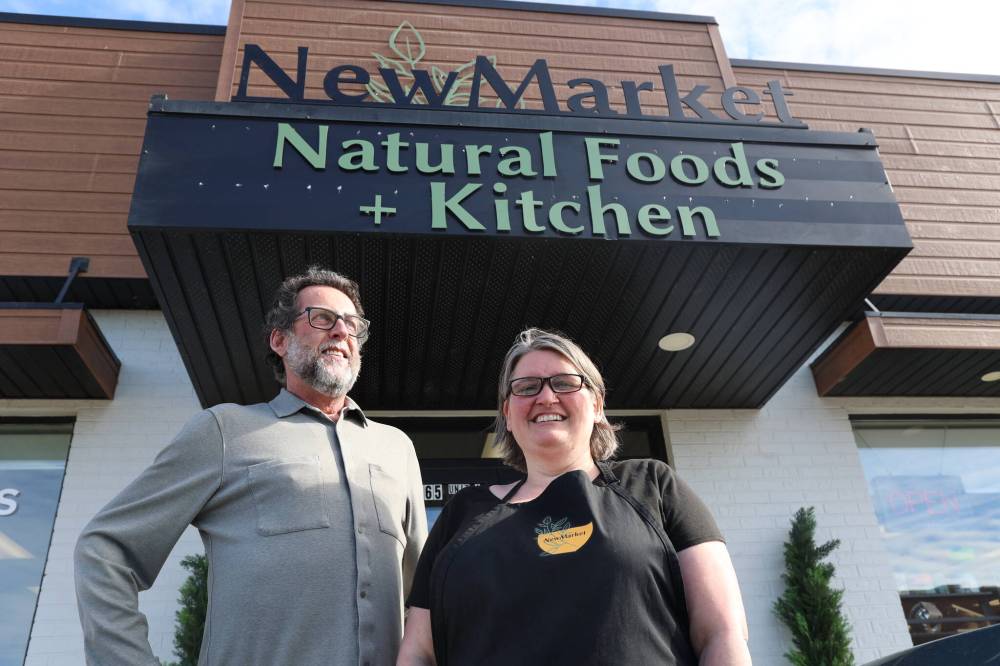Canada-focused businesses are insulated from tariffs
Advertisement
Read this article for free:
or
Already have an account? Log in here »
We need your support!
Local journalism needs your support!
As we navigate through unprecedented times, our journalists are working harder than ever to bring you the latest local updates to keep you safe and informed.
Now, more than ever, we need your support.
Starting at $15.99 plus taxes every four weeks you can access your Brandon Sun online and full access to all content as it appears on our website.
Subscribe Nowor call circulation directly at (204) 727-0527.
Your pledge helps to ensure we provide the news that matters most to your community!
To continue reading, please subscribe:
Add Brandon Sun access to your Free Press subscription for only an additional
$1 for the first 4 weeks*
*Your next subscription payment will increase by $1.00 and you will be charged $20.00 plus GST for four weeks. After four weeks, your payment will increase to $24.00 plus GST every four weeks.
Read unlimited articles for free today:
or
Already have an account? Log in here »
Hey there, time traveller!
This article was published 13/03/2025 (238 days ago), so information in it may no longer be current.
Kim Koversky approaches a display of dog treats. She flips a bag and reads the back — product of Quebec. Koversky explains that most items in her store are from Canada, from dog treats all the way to jam.
It was March 4, the day the United States introduced tariffs against Canada; and Canada retaliated with tariffs too. The trade tax is set to impact businesses in Canada, however for those built around locally-sourced products and sales, a layer of protection exists.
“If you stay more local you might be a bit more limited (in sales), but at a time like this, you’re more sheltered,” said Koversky. “A lot of our customers have always shopped here because it’s Canadian.”

The new Bee Maid facility in Winnipeg was built double the size of the company’s old facility. CEO Guy Chartier told the Sun the company wanted to allow for continued expansion as the market grows in Canada and overseas. (Submitted)
Koversky estimates that about 87 per cent of products in her Brandon store, New Market Natural Foods and Kitchen, which she co-owns with locals Cam and Colleen Wirch, are from Canada. On the flip side, about three per cent of products are from the U.S.
Because much of its inventory and sales come from Canada, the store is positioned well as Canada and the United States battle in trade. The business won’t be hit as directly by tariffs because it sources products in a large part from Canada.
“We always buy Manitoba first,” Colleen said. “If we can’t do that, we go to (nearby provinces).”
Local food businesses are positioned well during tariff exchanges. What has long been their business model — sourcing locally — became a new strength when the United States began to leverage its position against Canada in commerce.
Guy Chartier, CEO of Bee Maid, told the Sun the same thing in a March interview. Chartier said the honey producing and packing company out of Winnipeg is insulated to a fair degree because it pivoted away from the U.S.
“We deliberately made the decision to be more aggressive and get more business in the eastern Canadian market,” said Chartier. “And that’s worked for us. So our business now is spread out.”

Bee Maid CEO Guy Chartier is seen in the company’s new packing facility in Winnipeg. The beekeeper co-operative packs upwards of 20 million pounds of honey per year and sells most products inside Canada. (Submitted)
Since 2009, Bee Maid has reduced the U.S. share of its business from roughly 25 per cent to less than 10. In place of U.S. sales, Bee Maid started a campaign to expand across Canada’s market, starting with Ontario, and found new buyers out east rather than over the border.
The prairie company now sells honey all the way to Nova Scotia and Newfoundland, and has upscaled. Bee Maid just built a new facility in 2024 that doubled the size of its packing facility to keep up with growing demand.
Chartier told the Sun the move to expand across Canada, rather than into the United States, has put them in a good position now that tariffs are on the table. He said Bee Maid would not be hit as hard by tariffs as many other industries in Canada.
The reason is that honey is largely in the market of local foods.
William Bygarski, a Brandon beekeeper who supplies honey to the Bee Maid co-operative and sat on the board for 18 years, said it’s a success story. In a February interview, Bygarski told the Sun that the honey company set an example of a Canadian expansion that few companies accomplish.
Bygarski said the honey co-operative didn’t pivot out of spite; it was a business decision. The company leaned into its value as a product of Canada — the same value that New Market Natural Foods and Kitchen caters to. A side effect of that market is being less reliant on trade with the United States, the companies told the Sun.

New Market Natural Foods and Kitchen co-owners Cam Wirch (left) and Kim Koversky pose for a picture in front of the store at the end of February. The local-food business is protected in some ways against tariffs, the owners said, because the large majority of their products and sales come from Canada. Koversky said about three per cent of their products are from the U.S. (Abiola Odutola/The Brandon Sun, file)
Koversky added that the local-food market has gained traction today. As people express intent to buy local, the shop in Brandon gains value in the eyes of shoppers.
But while there may be fewer direct impacts at local stores, Koversky still predicts that tariffs will create impacts for the business. Spillover effects like increased shipping costs cannot be avoided, she said.
» cmcdowell@brandonsun.com
